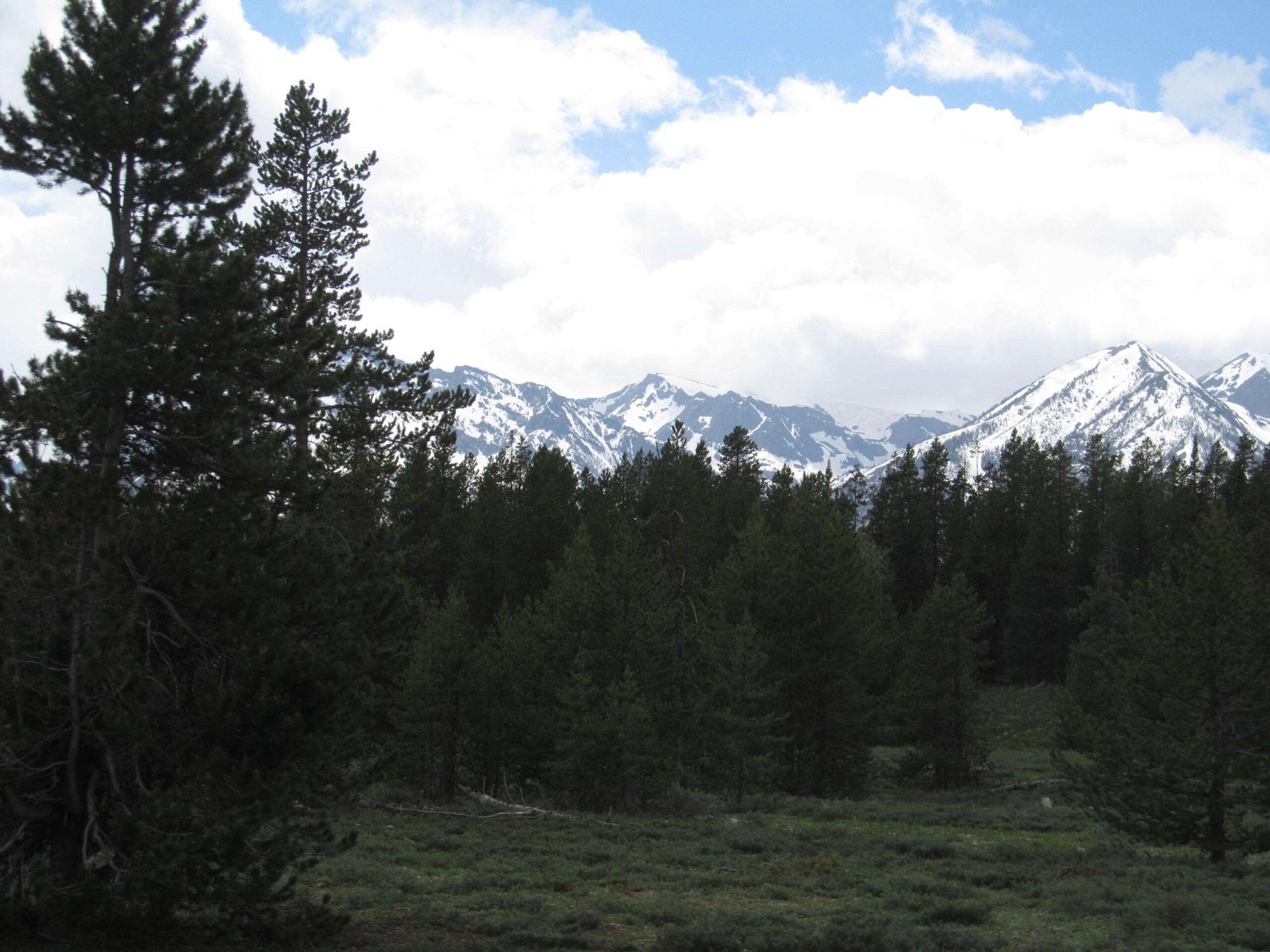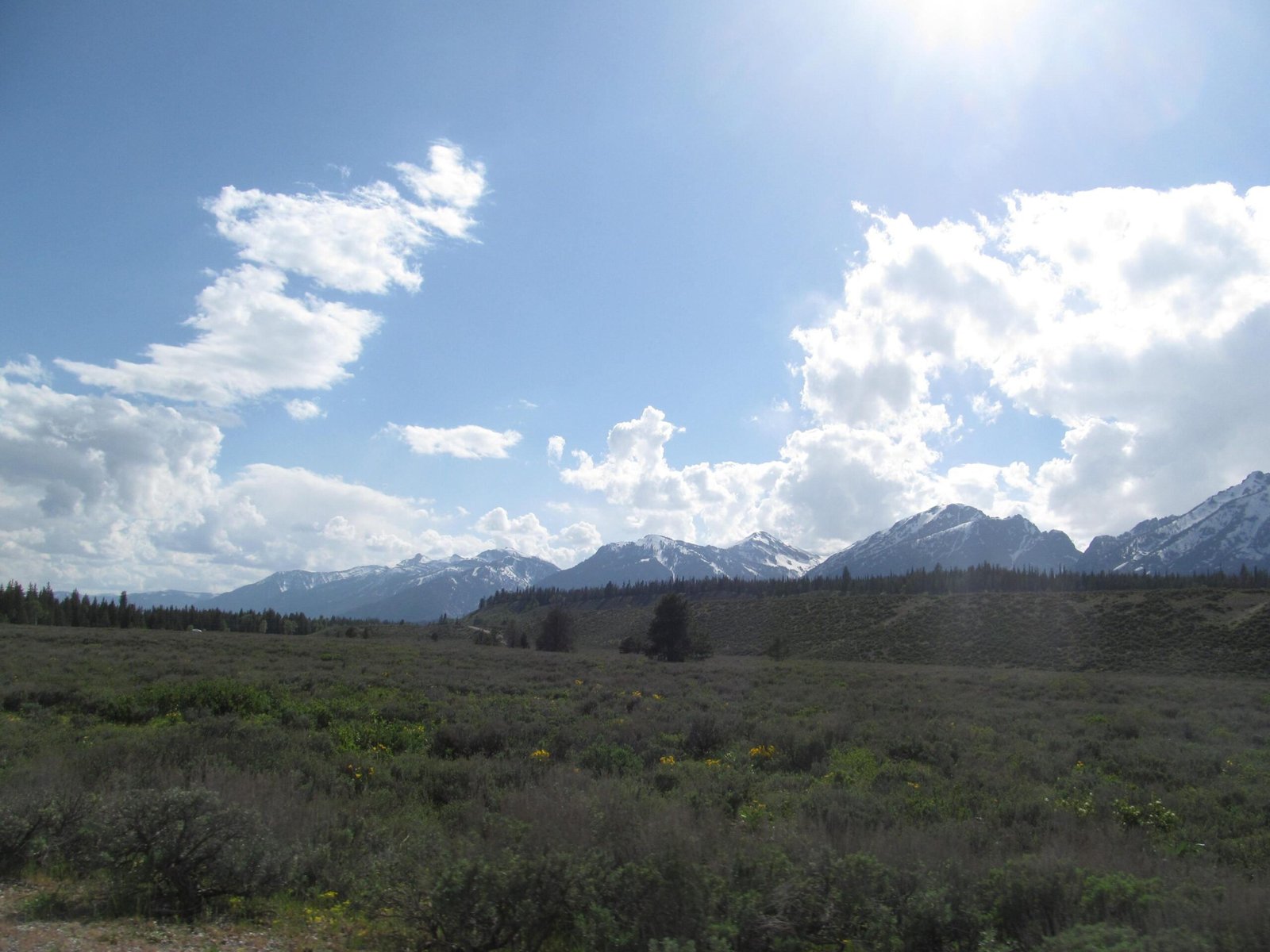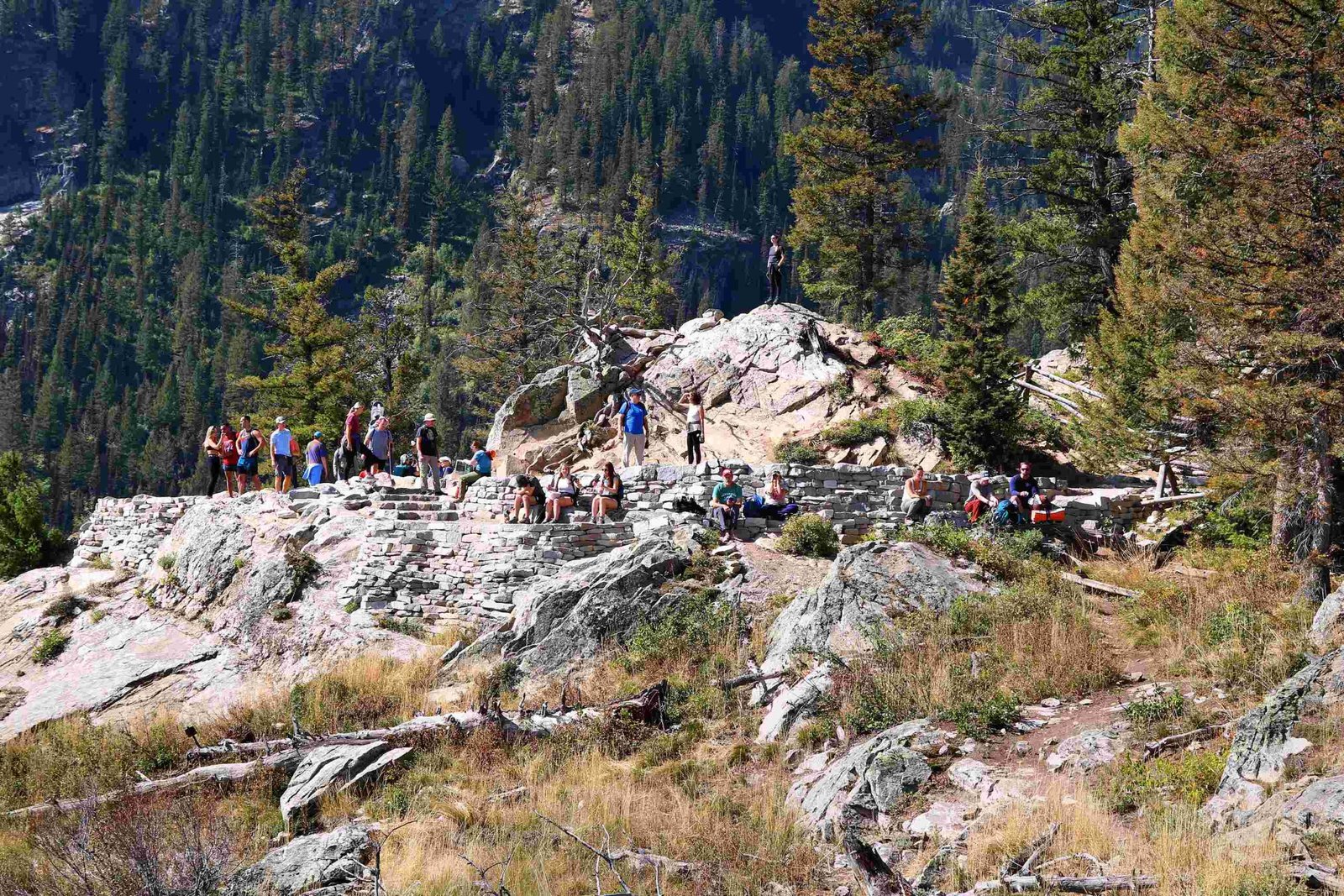Embark on an extraordinary journey through Grand Teton National Park’s breathtaking landscapes, where majestic mountain peaks, pristine lakes, and diverse wildlife converge. This comprehensive driving itinerary offers travelers an immersive experience across 42 miles of scenic roads, revealing the park’s most stunning vistas, historic sites, and natural wonders through carefully curated routes and strategic stopping points.
What Makes Grand Teton’s Driving Routes Unique?

Grand Teton National Park offers an unparalleled driving experience that combines geological magnificence with ecological diversity. The park’s road system provides multiple entry points and interconnected routes that allow visitors to explore its stunning terrain efficiently.
Where Should You Enter the Park?
Travelers have three primary entry points for their Grand Teton National Park driving itinerary:
- Moose Junction
- Located near Jackson
- Provides direct access to central park attractions
-
Recommended for first-time visitors
-
Jackson Lake Junction
- Connects with Yellowstone National Park
- Ideal for travelers exploring multiple parks
-
Offers seamless transition between park systems
-
Moran Junction
- Accessible from Dubois, Wyoming
- Perfect for visitors approaching from eastern routes
- Provides alternative entry for diverse travel plans
What Are the Essential Driving Routes?
| Route | Distance | Estimated Time | Key Attractions |
|---|---|---|---|
| Teton Park Road | 42 miles | 2-3 hours | Jenny Lake, Chapel of Transfiguration |
| Signal Mountain Road | 5 miles | 30 minutes | Panoramic mountain views |
| Antelope Flats Road | 10 miles | 45 minutes | Mormon Row, Wildlife viewing |
How to Plan Your Driving Strategy?

Recommended Driving Tips
- Timing: Plan your drive during early morning or late afternoon for optimal wildlife viewing
- Vehicle Preparation: Use a vehicle with good ground clearance
- Navigation: Carry physical maps alongside digital navigation
- Fuel: Fill your tank before entering the park, as gas stations are limited
What Wildlife Might You Encounter?
Expect potential roadway encounters with:
– Moose
– Elk
– Bison
– Pronghorn antelope
– Occasional bear crossings
What Are the Must-Stop Viewpoints?
- Snake River Overlook
- Iconic photography location
- Ansel Adams’ famous photograph site
-
Sunrise/sunset spectacular views
-
Schwabacher Landing
- Mirror-like water reflections
- Professional photographer’s paradise
-
Serene mountain landscape
-
Oxbow Bend
- Prime wildlife observation point
- Excellent for bird watching
- Stunning water and mountain scenery
What Should You Know About Road Conditions?
- Summer: Generally clear and well-maintained
- Winter: Partial road closures
- Spring/Fall: Variable conditions
- Always check current park advisories before traveling
Recommended Driving Duration and Pace
- Minimum Recommended Time: 1 full day
- Ideal Exploration Time: 2-3 days
- Suggested Pace: Leisurely, with frequent stops
- Photography Opportunities: Abundant throughout route
Safety and Preparation Checklist
- ✓ Full tank of gas
- ✓ Physical and digital maps
- ✓ Water and snacks
- ✓ Camera
- ✓ Binoculars
- ✓ Warm layers
- ✓ First aid kit
Final Driving Recommendations
Approach your Grand Teton National Park driving itinerary with flexibility, patience, and a sense of wonder. The park’s dynamic landscape offers unexpected moments of beauty that cannot be rushed.
Reference:
– National Park Service – Grand Teton
– Grand Teton Official Tourism Site
– Wyoming Tourism Board

